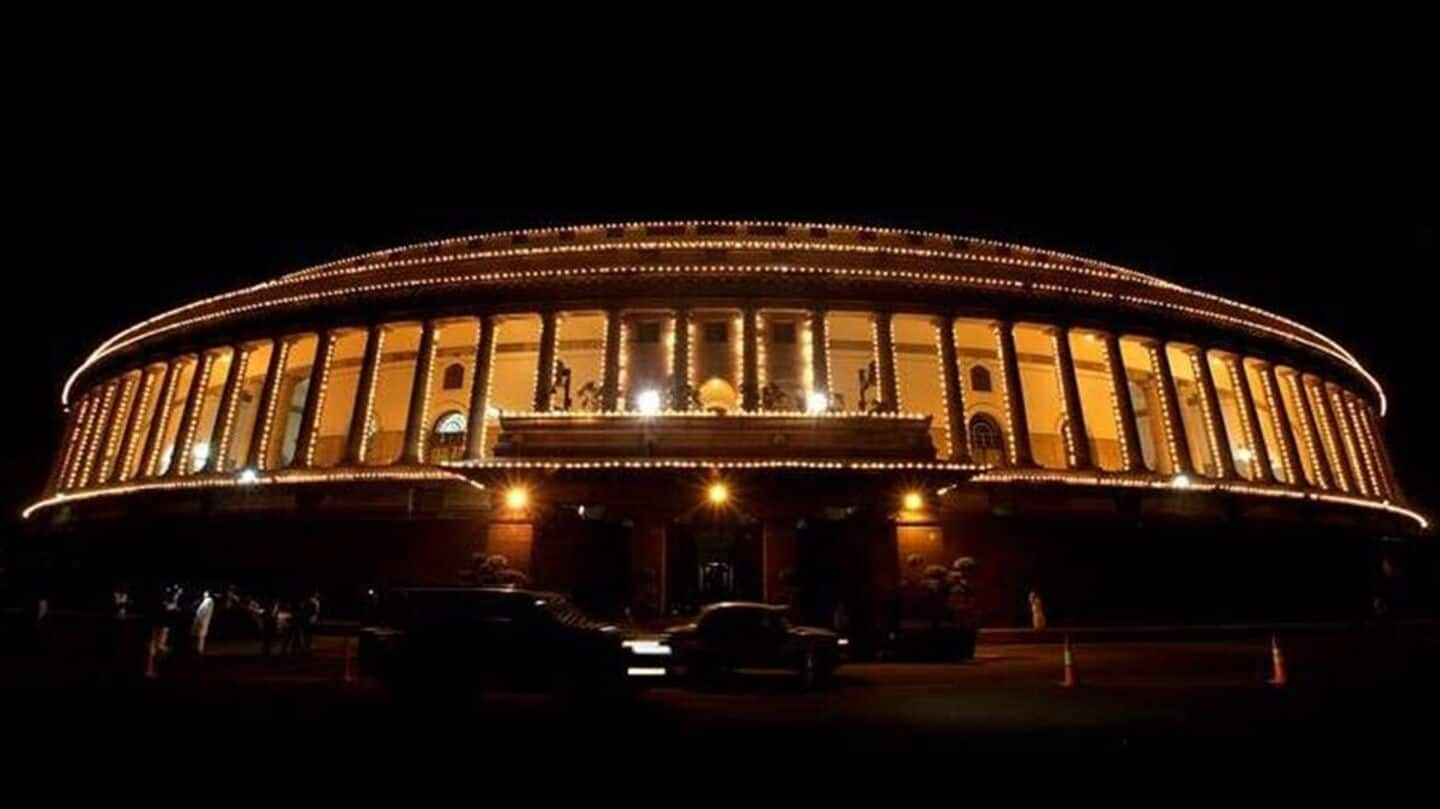
One nation, one election: Law Commission backs assemblies' term changes
What's the story
The 23rd Law Commission has informed the Joint Parliamentary Committee (JPC) examining the simultaneous elections Bills that Parliament can amend the five-year term of Lok Sabha and state assemblies. The Commission's submission, due for briefing on December 4, argues that the duration prescribed under Articles 83 and 172' isn't immutable. It stresses that while ordinary legislation can't reduce these terms, constitutional amendments can be made to serve larger public welfare objectives.
Legislative flexibility
Constitution allows flexibility in legislative terms
The Law Commission emphasized that the Constitution allows flexibility in legislative terms, citing provisions for early dissolution and extensions during emergencies. It argued that synchronized elections would serve broader national interests by providing maximum satisfaction with minimum waste of government accountability. "One of the objects of simultaneous election by curtailment of the full term of five years is to provide maximum satisfaction of greater national interest with minimum waste or friction of the government accountability," it told the JPC.
Fears
Bill aims to strengthen democracy
Countering fears that the "One Nation, One Election" proposal would weaken democracy, it said the bill aims to strengthen democratic processes by ensuring stability and reducing election-related disruptions. "Far from undermining democracy, the proposed Bill aims to strengthen it by ensuring stability, reducing the constant drain of elections, and allowing governments to focus on governance," the commission stated.
Election synchronization
Proposed bill seeks to synchronize election timing
The commission stressed that the proposed bill only seeks to synchronize election timing without taking away people's right to periodic, free, and fair elections. "What the proposed amendments seek to do is essentially to synchronize the elections so that the country....is saved from repeatedly spending its time, money and energy over elections." It also clarified that state ratification isn't needed for these amendments, as they don't fall under Article 368(2)'s proviso requiring approval from half the states.
Proposal defense
Commission defends proposal against basic structure doctrine
It also dismissed concerns about excessive delegation of powers to the Election Commission of India (ECI). "The powers proposed to be given to the Election Commission...are a natural extension of its extant powers, and there is no question of any excessive delegation to it," they said. Referring to judicial reasoning, it noted that while "free and fair elections" are part of the basic structure, claims about midterm elections limiting electorate plenary powers aren't substantiated.